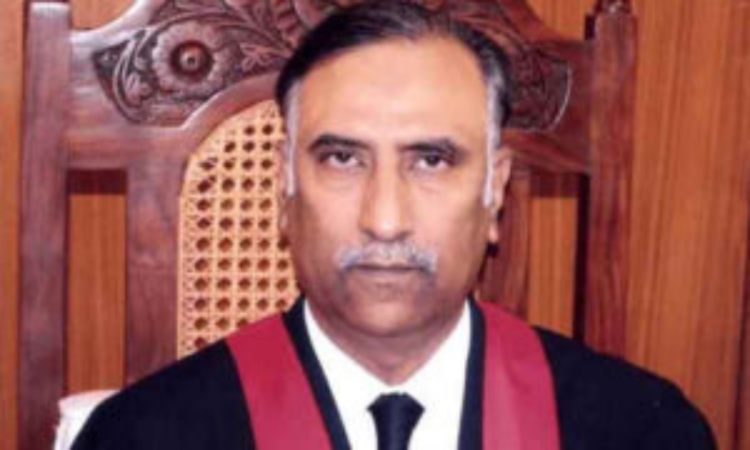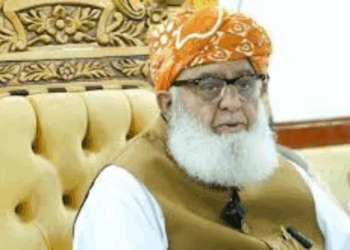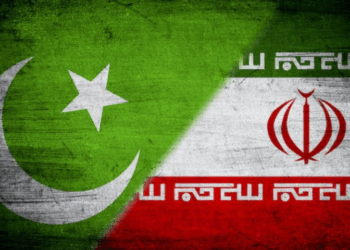Islamabad, February 13, 2025: Justice Sardar Muhammad Sarfraz Dogar was officially appointed as the acting chief justice of the Islamabad High Court (IHC) on Thursday, despite concerns raised by some senior judges over his seniority.
Unlike the traditional practice where a senior judge administers the oath to an acting chief justice, President Asif Ali Zardari will oversee Justice Dogar’s oath-taking ceremony. This decision comes amid speculation that five senior IHC judges, who had openly opposed Justice Dogar’s transfer, might refuse to administer the oath.
A notification issued by the Ministry of Law and Justice confirmed Dogar’s appointment by the president under Article 196 of the Constitution, stating that he will serve as acting chief justice until a permanent appointment is made.
Justice Dogar has since moved to Courtroom No. 1 and has begun hearing cases in his new role.
His appointment follows the elevation of former IHC Chief Justice Aamer Farooq to the Supreme Court (SC) earlier this week. Late Wednesday night, the law ministry issued a formal notification appointing Dogar as acting chief justice, a move aimed at resolving the ongoing controversy over seniority issues within the high court.
The ministry also appointed acting chief justices for other high courts including Justice Ejaz Swati – Balochistan High Court (BHC), Justice Junaid Ghaffar – Sindh High Court (SHC) and Justice S.M. Attique Shah – Peshawar High Court (PHC).
Additionally, seven judges were appointed to the Supreme Court, including Justice Aamer Farooq (IHC), Justice Muhammad Hashim Khan Kakar (BHC Chief Justice), Justice Muhammad Shafi Siddiqui (SHC Chief Justice), Justice Salahuddin Panhwar (SHC Judge), Justice Ishtiaq Ibrahim (PHC Chief Justice), Justice Shakeel Ahmad (PHC Judge) and Justice Miangul Hassan Aurangzeb (IHC Judge).
Justice Dogar’s appointment comes after Justice Aamer Farooq dismissed a representation filed by five IHC judges challenging the transfers of Justice Dogar (from LHC), Justice Khadim Hussain Soomro (from SHC), and Justice Mohammad Asif (from BHC).
The representation, submitted by Justice Mohsin Akhtar Kayani, Justice Tariq Mehmood Jahangiri, Justice Babar Sattar, Justice Sardar Ejaz Ishaq Khan, and Justice Saman Rafat, argued that these transfers unfairly impacted seniority rankings within the high court.
In his ruling, Justice Aamer Farooq referenced key constitutional articles, particularly Article 200, which allows the president to transfer a high court judge to another high court with consent from the judge and after consultation with the Chief Justice of Pakistan and the involved high courts.
Despite this ruling, concerns remain. Four Supreme Court judges – Justice Mansoor Ali Shah, Justice Munib Akhtar, Justice Ayesha Malik, and Justice Athar Minallah – also expressed reservations, writing to Chief Justice of Pakistan Yahya Afridi and questioning the legitimacy of these transfers in the absence of an oath-taking ceremony.








